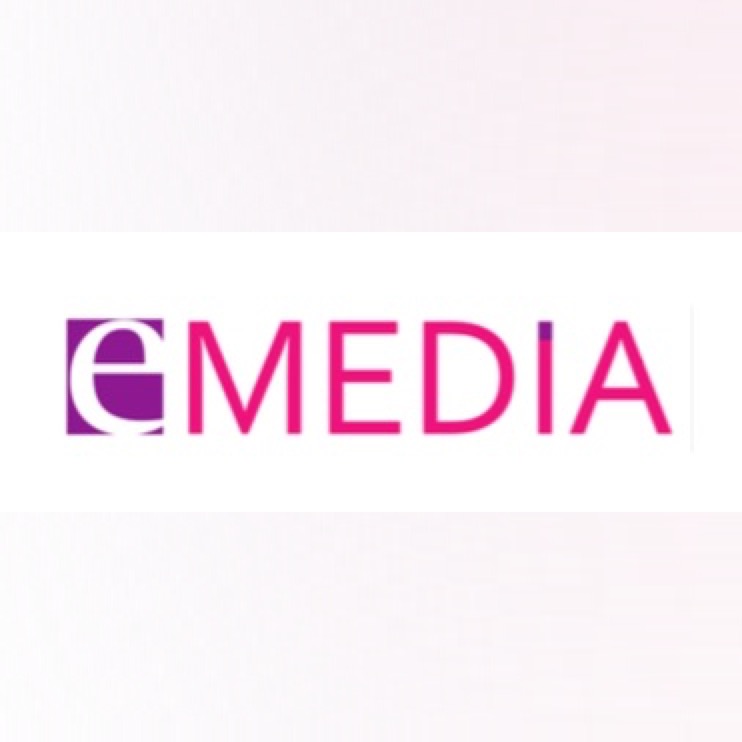31.57.png
07/01/2019 - News, Projects
Genoa, 7-11 January 2019: 1st Training Course of the Erasmus + EMEDIA project

 Reading time: 1 minute
Reading time: 1 minuteCoordinate by the Ligue de l'Enseignemet, EMEDIA involves 5 other Partners, included the Scuola di Robotica.
Coordinate by the Ligue de l'Enseignemet, and involving 5 other Partners, included the Scuola di Robotica, EMEDIA is a European project c- financed by the Erasmus plus Programme of the European Commission. It aims to:
- make children and young people understand the making of information through action so that they become creative and responsible actors
- educate to computer science and raise awareness on algorithmic logic underlying all the tools we use, in order to take over power on machines,
- reveal the motives of complotism and fake news to enable the emergence of a generation of critical citizens
- promote the mainstreaming of digital competence provision across the curricula and
- foster critical thinking especially through teaching technology and science in line with the priorities of school education.
FACTS:
- half of the world’s population now uses the Internet
- in Europe over 21 million new Internet users started using the Internet in 2016
- Social media use in Europe grew by 5% to pass 400 million total users across the continent in 2017
- “fake news” and “conspiracy theories” are emerging all over the world
EXPECTED RESULTS:
- Mobilization of a team of professionals, expert at developing pedagogical material and training in order to:
- write 3 booklets of minimum 10 hours of activities each about robotics, media literacy and web radio/ Blog/ Web TV
- develop 2 online courses on Moodle platform (open source and free) of at least 5 hours each about robotics and media literacy
- organise 5 training sessions in order for professionals from partner organisations to get trained in the subjects treated in the project
- train of national tutors in at least 3 countries (France, Spain, Italy) in order to accompany the teachers who followed the online courses
COMPLEMENTARY COMPETENCES AND KNOW-HOW OF PARTNERS
Responsible use
Online expression
Training
School
Non formal education
Social media
Robotics
E-learning
Pedagogy
Internet
Algorithm
Citizenship
Fake news
Discrimination
Open education
Innovative practices
Digital era


